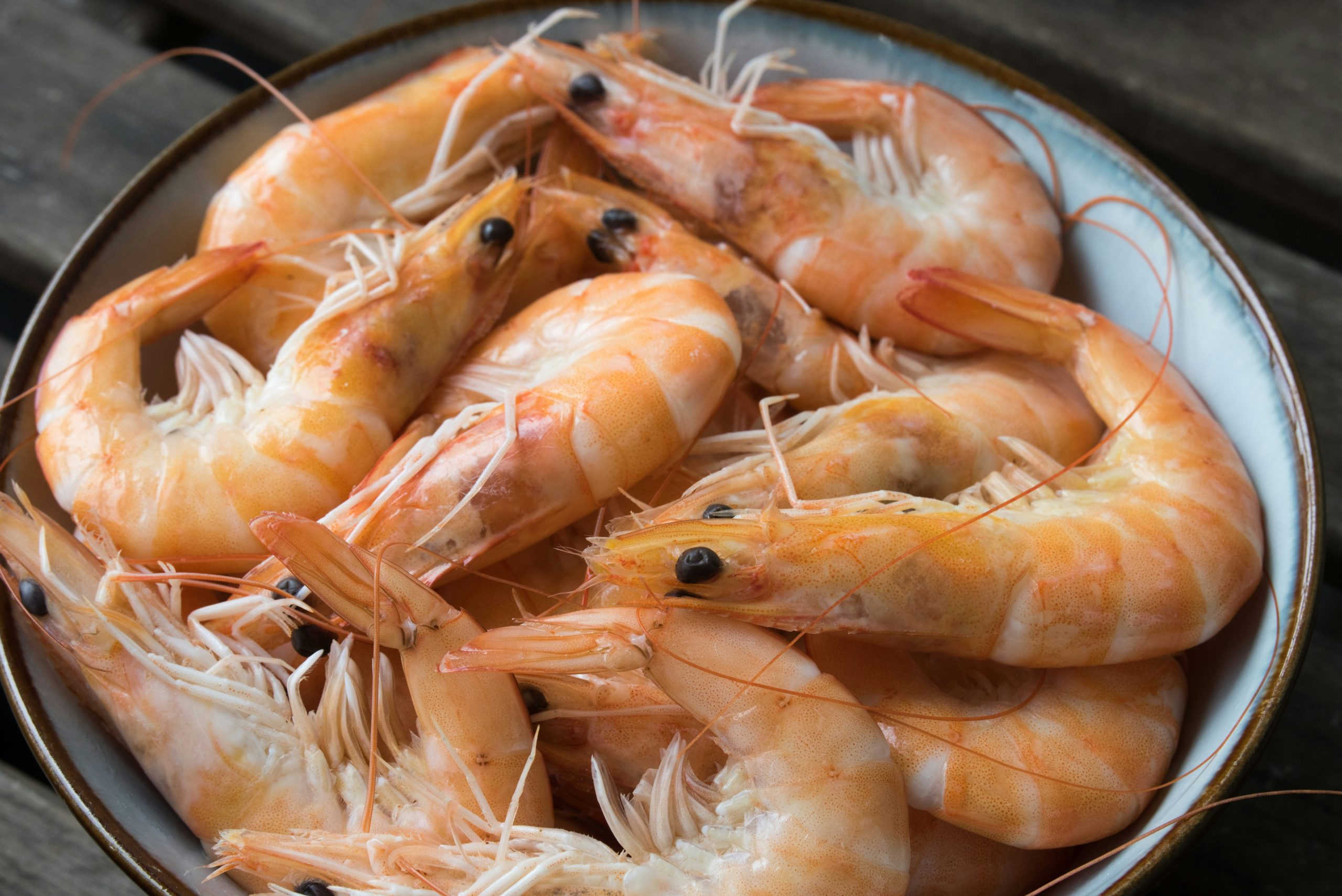**1. The Truth About Shrimp and Cholesterol**
Shrimp is known as a high-cholesterol food, containing about 189mg of cholesterol per 100g. For this reason, many people with diabetes believe they should avoid eating shrimp to prevent cardiovascular complications. However, similar to eggs, recent research shows that dietary cholesterol has less impact on blood cholesterol levels than previously thought.
**2. Why Shrimp is Good for People with Diabetes**
– **High-Protein, Low-Fat, Low-Carb:** Shrimp is very low in fat and carbohydrates and is mostly composed of protein. It’s an excellent ingredient that provides satiety without raising blood sugar.
– **Healthy Fats:** Most of the fat in shrimp is unsaturated fatty acids like omega-3s, which play a beneficial role in vascular health.
– **Antioxidants:** The ‘astaxanthin’ that gives shrimp its red color is a powerful antioxidant that can help reduce inflammation.
**3. The Cooking Method is What Matters**
Shrimp itself is a healthy food, but how you cook it is important.
– **Cooking Methods to Avoid:** Dishes that use a lot of oil, sugar, or salt, such as butter-grilled shrimp, chili shrimp, or deep-fried shrimp, should be avoided.
– **Recommended Cooking Methods:** The best way is to steam, boil, or lightly grill without oil. Adding it to salads or vegetable stir-fries is also a good method.
Summary: Contrary to the misconception about its high dietary cholesterol, shrimp is an excellent low-fat, high-protein food for people with diabetes. When consumed in moderation with a healthy cooking method, it can be beneficial for both blood sugar and cardiovascular health.


Leave a Reply